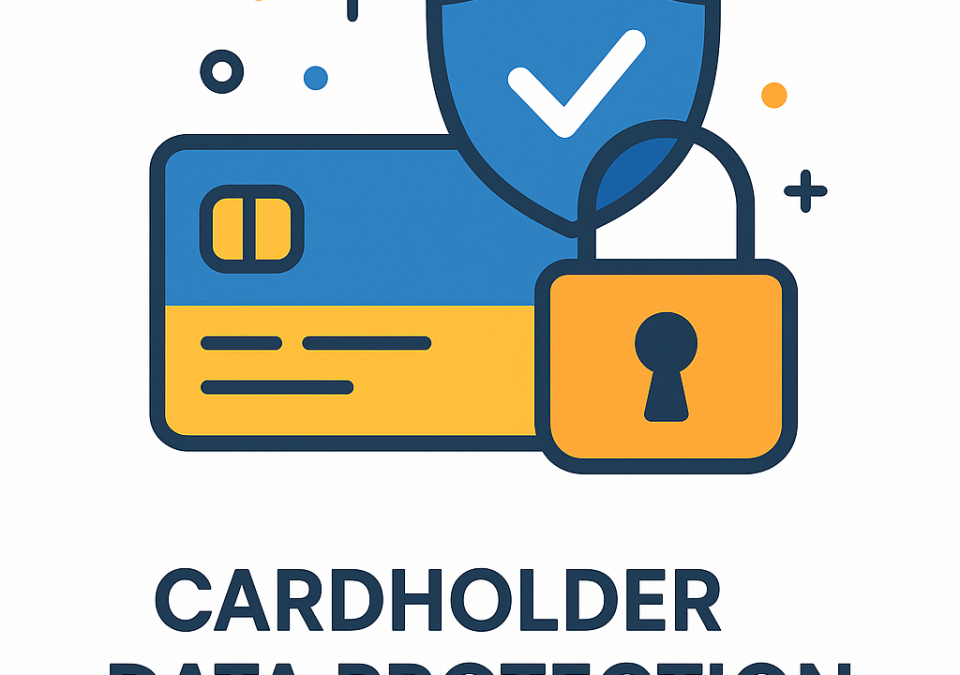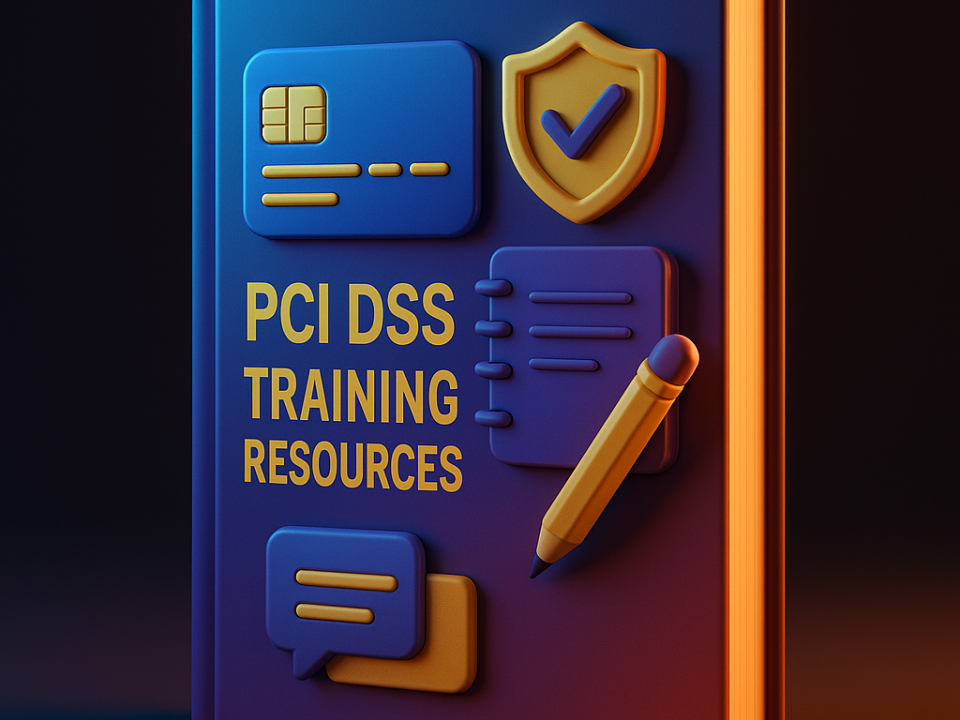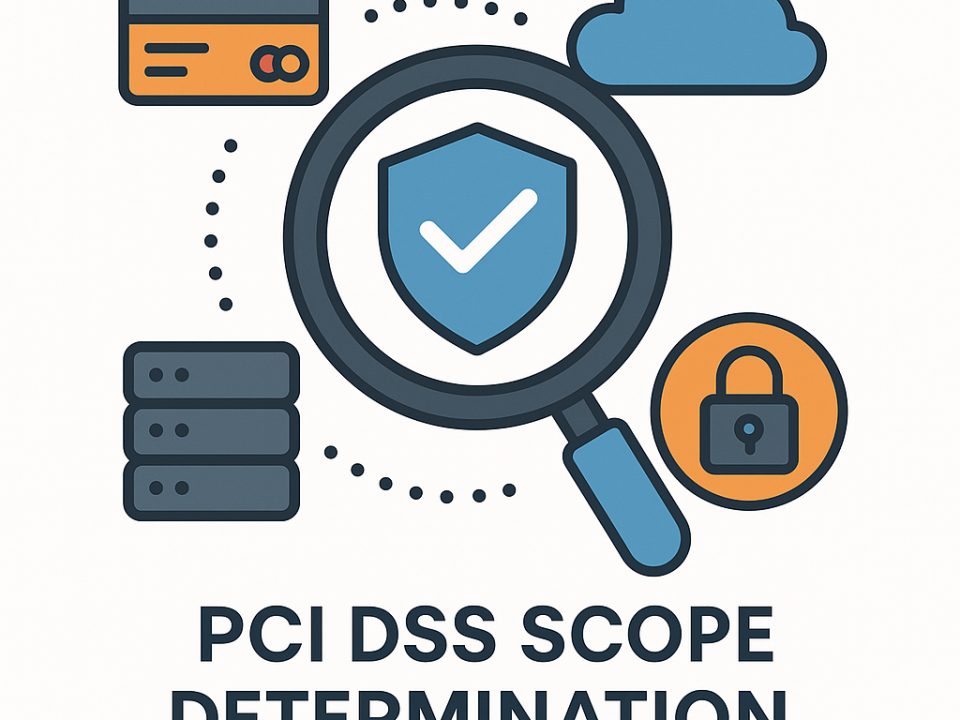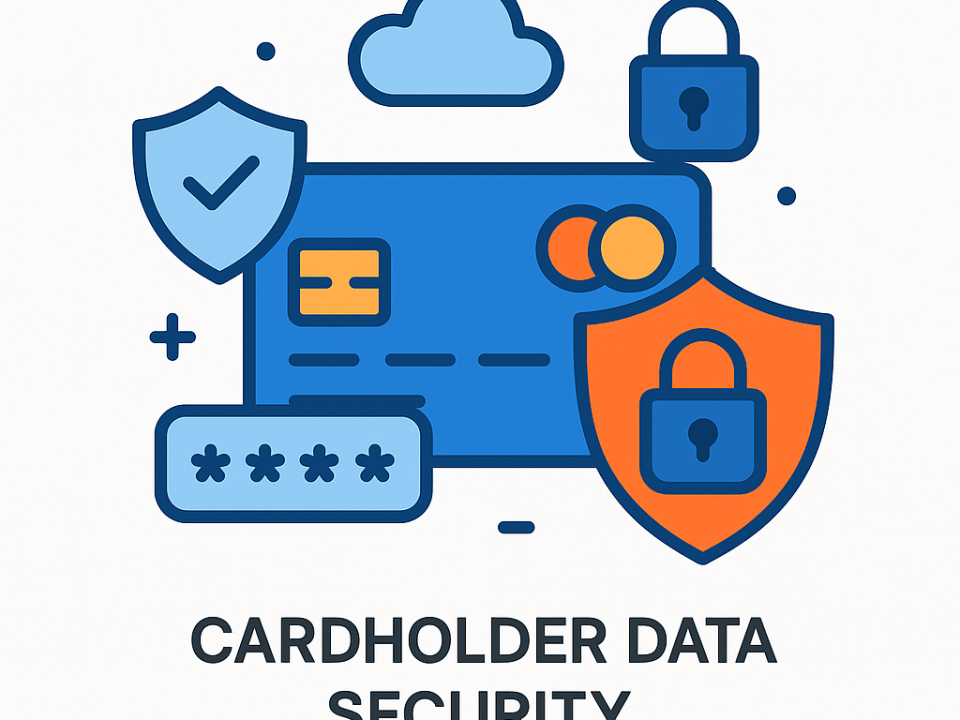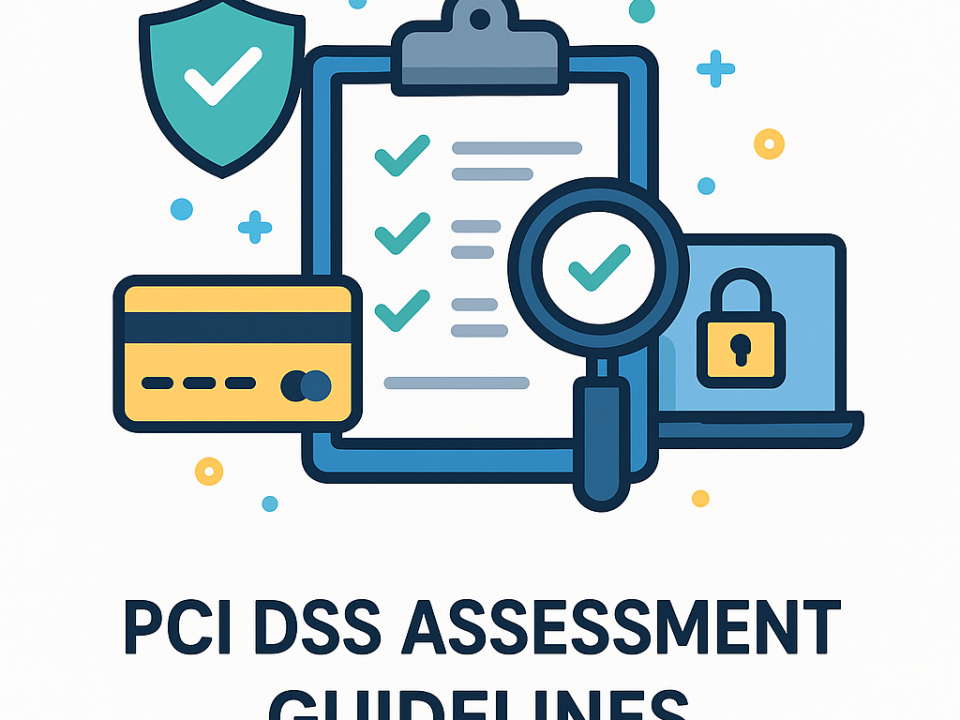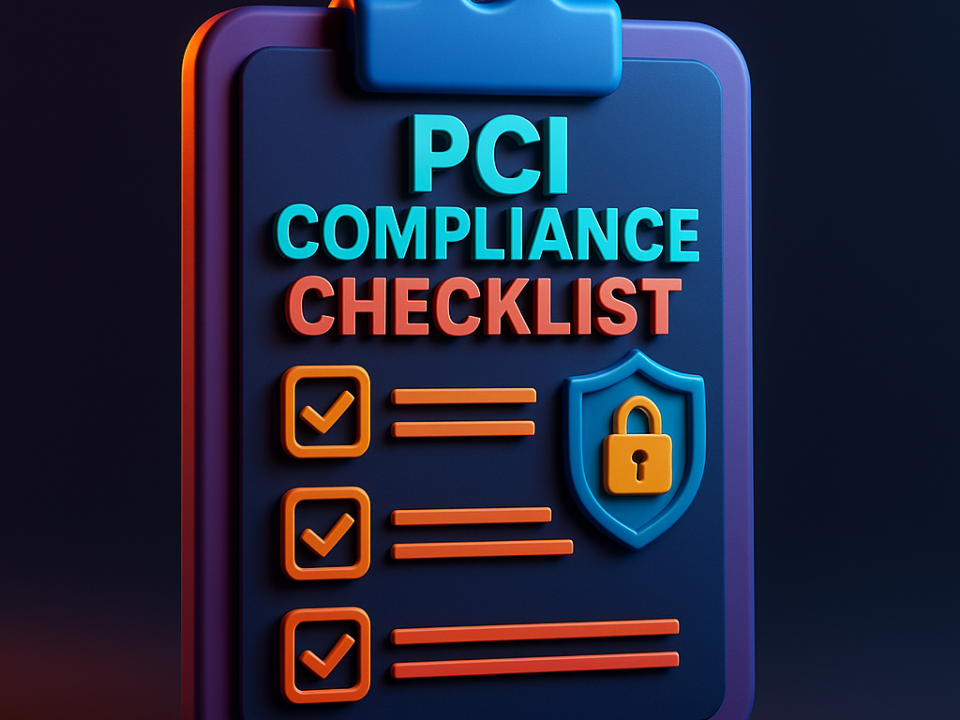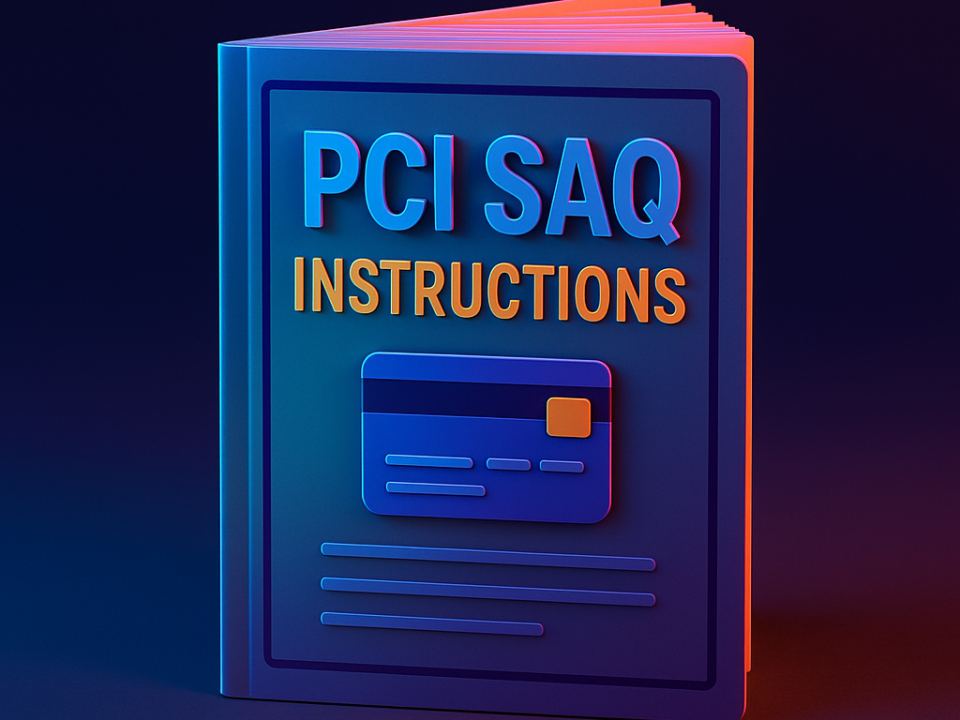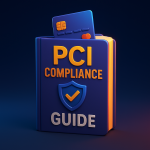
Unlocking Advanced PCI Compliance Strategies for Remote Cybersecurity Staffing
June 12, 2025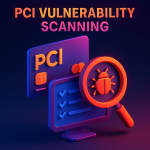
PCI vulnerability scanning
June 12, 2025Tokenization is an under-explored subtopic within cardholder data protection that leverages unique identifiers to secure sensitive payment information while ensuring seamless processing. As cyber threats continue to evolve, understanding and implementing tokenization techniques is critical for cybersecurity experts, top IT professionals, and managers looking to fortify their organizations against data breaches. At CisoGrid—Cybersecruity Remote Staffing, we emphasize the importance of such strategies in our mission to provide advanced cybersecurity solutions remotely.
Understanding Tokenization Mechanics
Tokenization works by substituting sensitive cardholder data with non-sensitive equivalents, known as tokens. This process allows for the safe handling of payment information without exposing the original data throughout various stages of transaction processing.
- Tokens are generated randomly and hold no actionable value outside their designated transaction context.
- Implementing tokenization can significantly reduce the scope of PCI DSS compliance requirements.
- Tokens can be managed in a secure vault, minimizing risks in data transit and storage.
The Process of Tokenization
The tokenization process involves the conversion of payment card information into a token through a secure tokenization server. This server is responsible for mapping tokens back to the original card data in a highly secure manner.
Case Study: Tokenization in Retail
A major retail organization implemented tokenization successfully to enhance their customer data protection framework. By shifting to a token-based model, they reduced their exposure to data breaches and improved customer trust.
- Reduced cardholder data exposure by 80% within six months of implementing tokenization.
- Increased customer satisfaction ratings due to enhanced security measures.
- Achieved full PCI compliance, simplifying security audits.
Emerging Trends in Tokenization Technology
The advancement of tokenization technologies is shaping the future of cardholder data protection. Innovations such as on-device tokenization and cloud-based tokenization services are gaining traction in the market.
- On-device tokenization mitigates risks at the point of entry by generating tokens directly on the user’s device.
- Cloud-based tokenization allows for scalable solutions suited for dynamic business environments.
- Integration with mobile payments and digital wallets is expanding tokenization’s applications.
Data-Driven Insights on Tokenization Efficacy
Data analytics reveal that companies using tokenization report fewer data breaches and more effective fraud detection. Studies show that tokenized transactions reduce unauthorized activities significantly.
- 79% of organizations reported a reduction in fraud rates after implementing tokenization strategies.
- 70% of consumers express heightened trust in organizations that utilize tokenization.
- Tokenization can cut the costs associated with data breaches by up to 50% over time.
Strategic Implementation of Tokenization
For effective implementation, organizations must integrate tokenization into their existing infrastructure, ensure staff are trained, and perform regular audits to maintain compliance and security standards.
- Create an action plan that aligns with the organization’s broader cybersecurity goals.
- Incorporate stakeholder buy-in by demonstrating the value of tokenization.
- Regularly test and update tokenization systems to align with evolving threats.
In conclusion, tokenization represents a strategic asset for cardholder data protection and an essential consideration for cybersecurity professionals striving for comprehensive protection strategies. By adopting these advanced insights, organizations can mitigate risks and safeguard sensitive information effectively. We invite you to explore these insights further with CisoGrid—Cybersecruity Remote Staffing—to enhance your cybersecurity capabilities.

